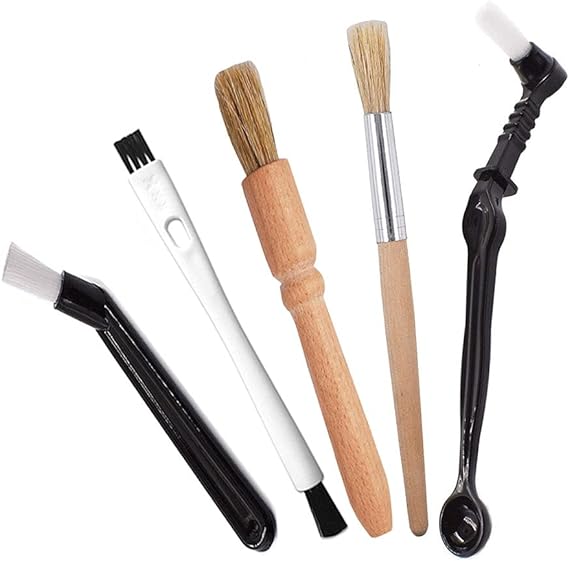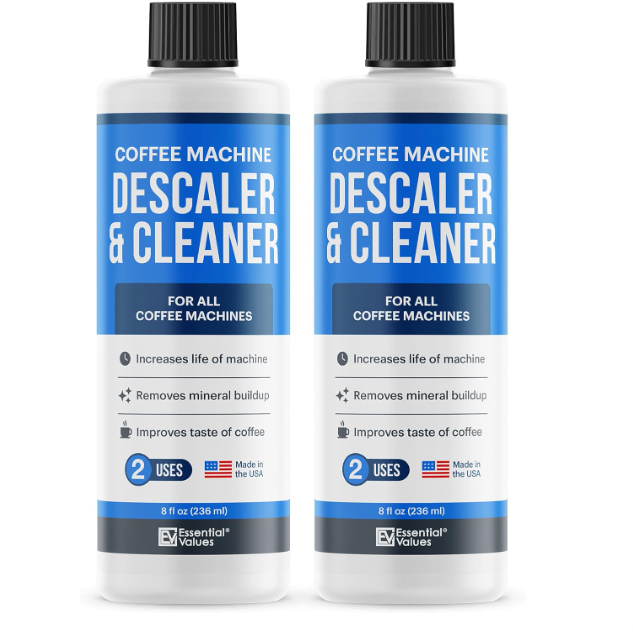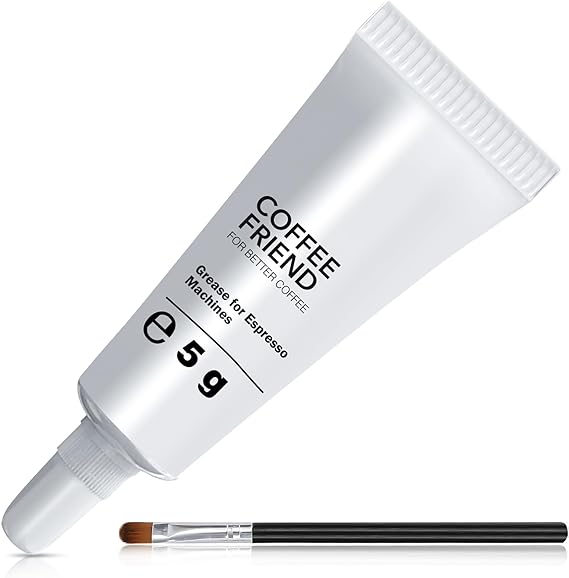7 things dedicated coffee-drinkers do to care for their coffee maker and ensure the best brews every time
Fail to care for your coffee machine and your cup of Joe just won't hit the mark...

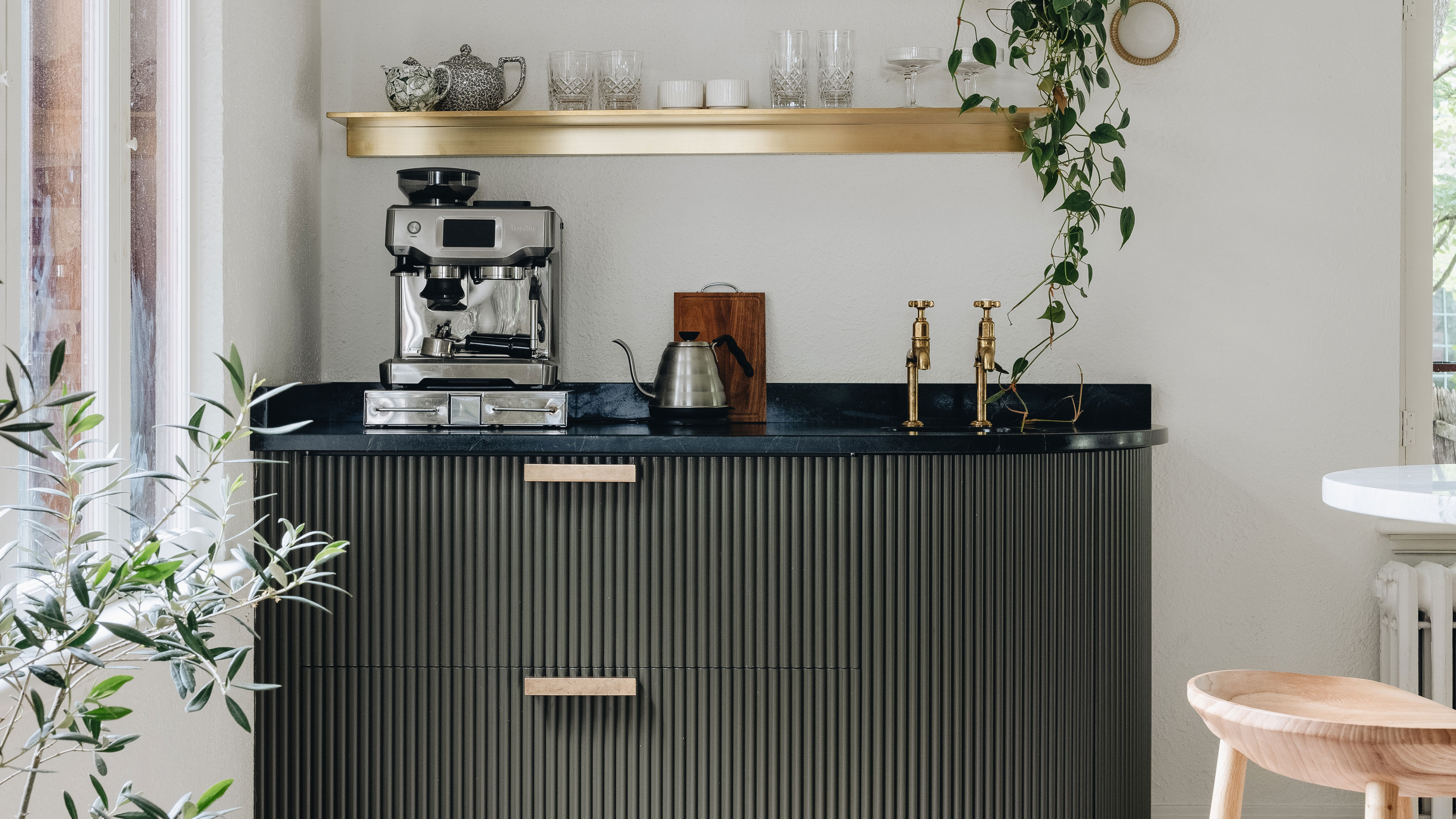
The Livingetc newsletters are your inside source for what’s shaping interiors now - and what’s next. Discover trend forecasts, smart style ideas, and curated shopping inspiration that brings design to life. Subscribe today and stay ahead of the curve.
You are now subscribed
Your newsletter sign-up was successful
Having a coffee maker can offer you a tremendous amount of joy, satisfy your caffeine cravings, and bring you a big burst of energy, but they do require your commitment to a proper care routine. Fail to give them the attention they deserve and your cup of Joe just won't hit the mark. To keep your machine brewing its best, there are a few essential steps you need to take to ensure its upkeep.
The good news is, you don't have to figure them out on your own. Here at Livingetc, we have a theory: we figure that the type of people who drink coffee (and we're talking proper coffee from a machine) tend to be the sort of sophisticated people you can trust. They respect a good cup of java, which is why they always have a good coffee machine care routine (and the best coffee makers).
If you know you're not a responsible coffee maker parent yet, or if you're new to the coffee brewing game, you'll want to follow the elders' steps. That's why we asked some experienced coffee experts how they look after their machines. If want yours to serve you the best brew possible, here are seven habits to know.
1. Always use fresh water
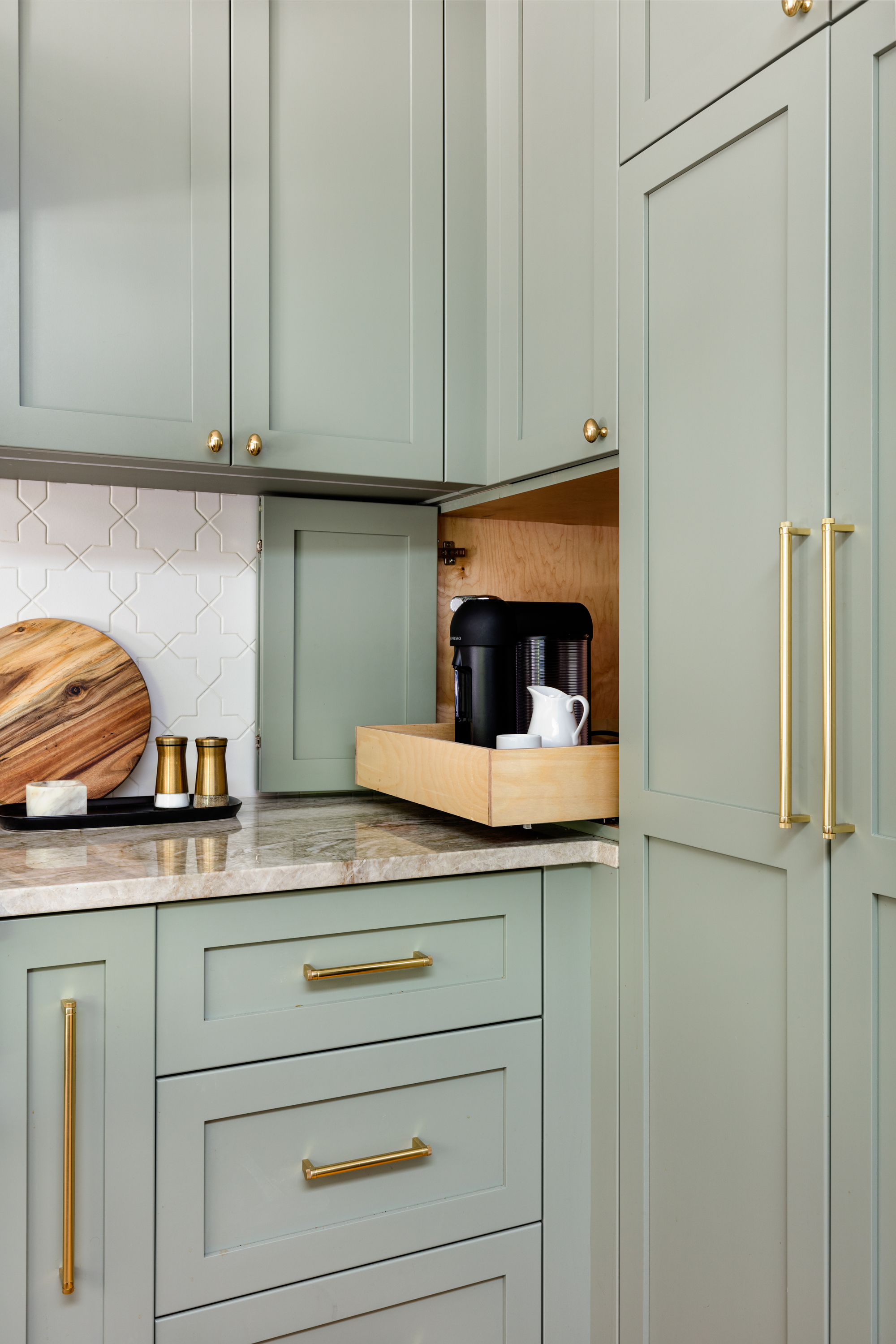
No matter what kind of coffee maker you have - a drip coffee maker or a coffee pod machine - fresh, purified water is always the best type to use. Not only does it promise a better taste, but by filtering out contaminants and excess minerals, you'll avoid any build-up within your machine and its equipment. 'You should also always use fresh, cold water for cleaning,' says Kayla Stavridis, coffee expert at Barista HQ. 'This is because it helps in effectively removing residues.'
2. Rinse daily
An essential step in making your coffee machine work better is a proper cleaning regime. While you don't need to give your appliance a deep clean every day, you should rinse it. 'Ideally, you should clean the part of your coffee machine that brews the coffee daily, whether that is a reusable filter, portafilter, or brew group,' says Matt Woodburn-Simmonds, blogger at Home Coffee Expert. 'Otherwise, stray coffee grounds can get stuck in the brewing area and will add bitter flavors to your coffee, ruining your morning cup.'
Essentially, the cleaner the machine is, the better your coffee will taste. 'Just rinsing the brewing unit can make a big difference and it doesn't take very long to do,' Matt adds.
3. Clean the milk frother after every use
If you like a nice silky latte, chances are you have a machine with a steam wand or frother for making milky coffees. But, as every barista knows, unless you regularly clean these attachments, you'll be left with a build-up of hot, burnt milk that ruins the taste of your future coffees. 'To avoid this, be sure to clean your coffee machine’s milk frother attachments after every use to ensure that they don’t attract any build-up over time,' says Alice Snow, Home Economist at appliance brand Smeg.
The Livingetc newsletters are your inside source for what’s shaping interiors now - and what’s next. Discover trend forecasts, smart style ideas, and curated shopping inspiration that brings design to life. Subscribe today and stay ahead of the curve.
4. Deep clean regularly
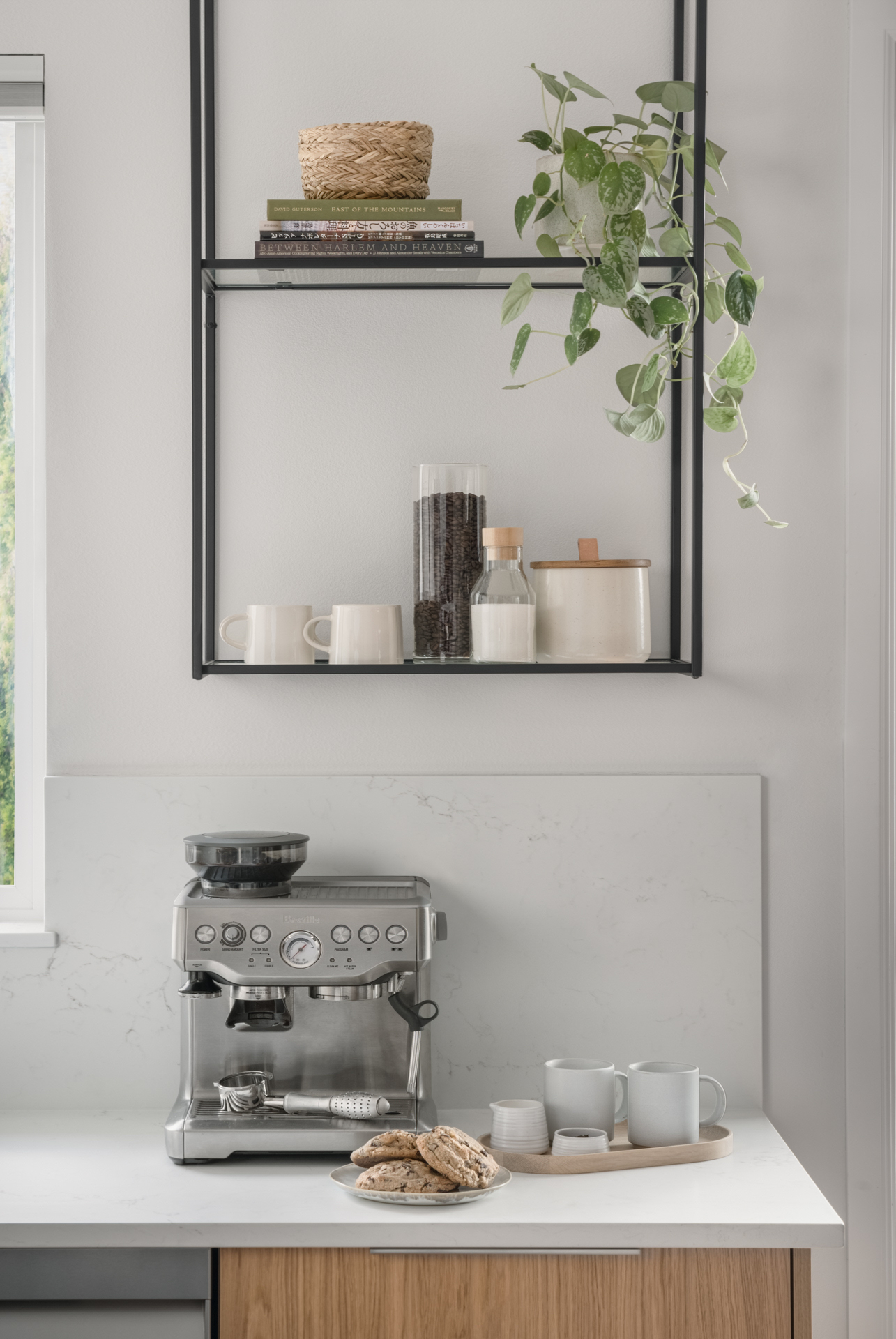
In the same way that you should adopt a deep cleaning routine for your kitchen, the same applies to your coffee maker. 'Most manufacturers will recommend how often you need to clean your coffee machine but a general rule is the more often, the better,' says Matt. 'A clean coffee machine brews far better coffee than a dirty one, and we all want better coffee.'
Realistically, though, you're not going to have to do a serious deep clean every day. 'A thorough cleaning should be conducted every month to eliminate any mineral build-up and ensure optimal performance,' explains Kayla. 'However, if you're using your machine less frequently - say, once a week - then a deep cleaning every two to three months should suffice. We always advocate for adjusting the cleaning frequency based on usage, ensuring longevity and optimal taste for your machine.'
5. Make use of water hardness settings
Many modern machines, especially smart coffee machines, will have adaptable water harness settings to ensure you clean your appliance often enough to keep it performing its best. 'Setting your machine to soft, medium or hard water correctly in line with your local water hardness will ensure you’re prompted to descale when necessary,' says Alice.
6. Clean the grinder (but not with water)
When it comes to cleaning a coffee machine, we often forget about the grinder. If you have a bean-to-cup machine, remember to give this part of the appliance a frequent clean to prevent it from becoming clogged.
'If your coffee machine has one, your grinder should be cleaned weekly to make sure there isn't a build-up of small particles called fines in the mechanism,' explains Matt. 'These can eventually clog the grinder or they can end up being brewed into coffee, ruining the flavor again. You can use a vacuum to give the grinder a good clean but never use water!'
7. Descale frequently
Descaling should also be factored into the upkeep of your coffee maker. As Alice notes: 'Avoiding descaling can harm the machine’s energy efficiency, costing more to run, and also the longevity of the machine.' Most modern machines will prompt you when it's time to descale, but aim to do so routinely every three to six months depending on how often you use it.
Why is it important to clean your coffee machine?
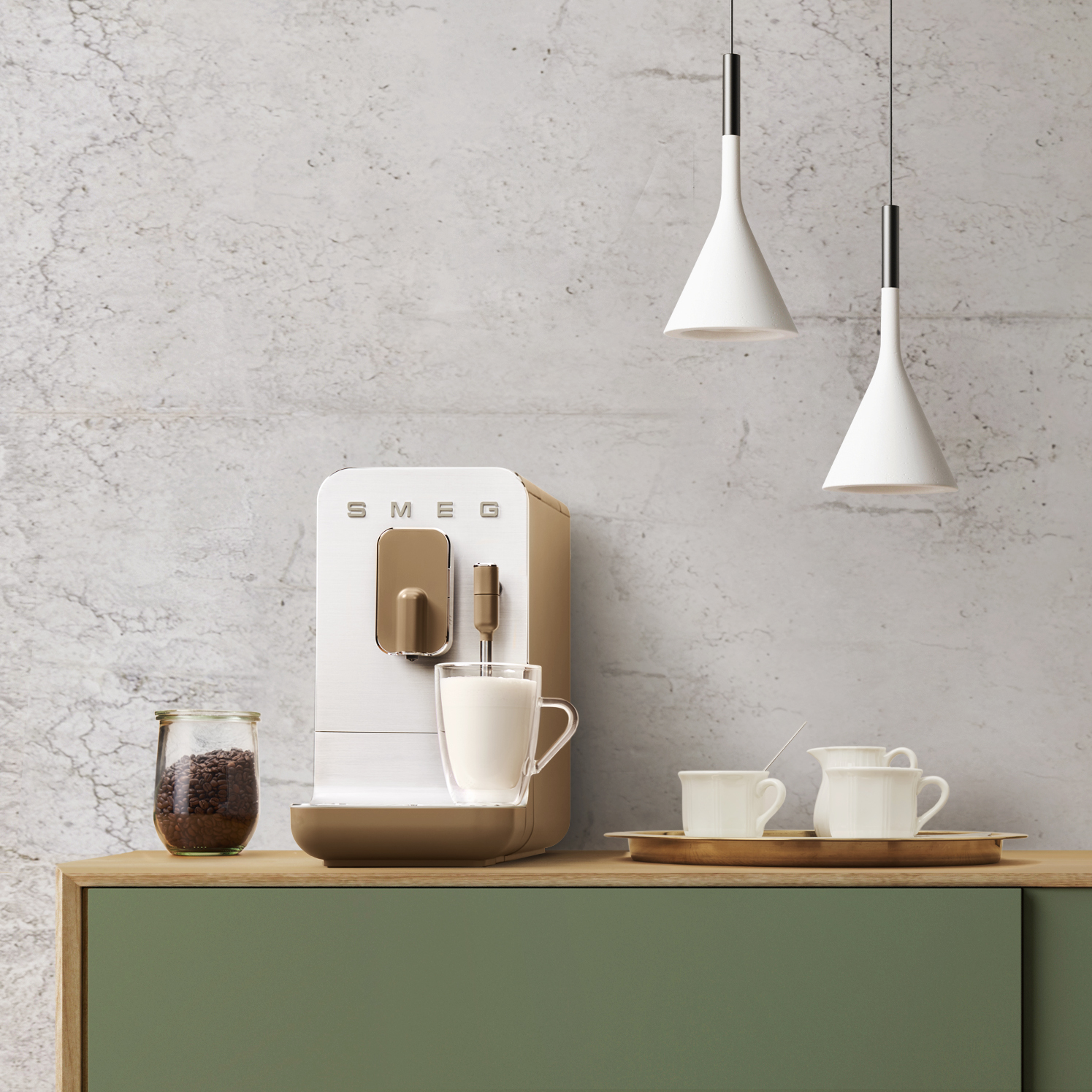
A clean machine and a good-tasting coffee go hand-in-hand. 'Over time, coffee
oils, mineral deposits from water, and other residues can build up
inside the machine,' says Kayla. 'Not only can this compromise the taste of your brew, but it can also be a breeding ground for bacteria and mold. A clean
machine ensures that every cup you pour is fresh, flavorful, and free
from unwanted contaminants.'
What are the signs that your coffee machine needs cleaning?
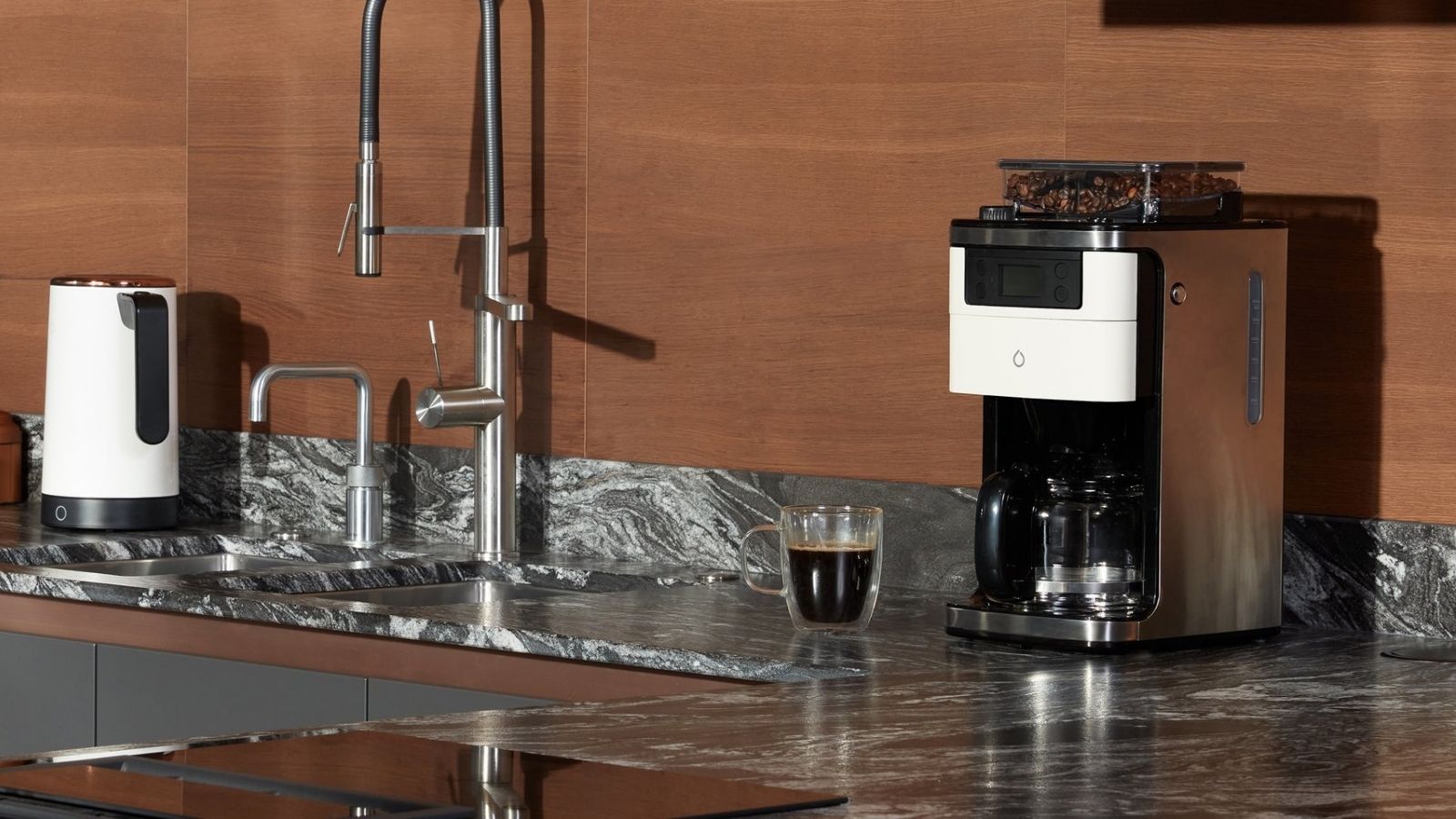
While we suggest adopting a regular cleaning routine, there are some tell-tale signs that your coffee machine is in need of a blitz, even if it does seem premature.
'If your coffee starts to taste bitter or watery then it's time to give the machine a deep clean,' says Matt. 'There could be a build-up of old coffee grounds adding bitter flavors or blocking the water flow.' A slower brewing time, especially accompanied by unusual sounds, may also indicate a mineral built-up clogging your machine.
A more obvious clue that it's time for a clean is, of course, any visual residues. 'If you notice a chalky residue or any other deposits, it's a clear sign your machine needs a thorough cleaning,' says Kayla.
How should you clean a coffee machine?

The only question that remains is how to actually clean your coffee machine. While experts are somewhat divided on the answer, the important thing to remember is that a daily rinse with water is sufficient unless you're doing a deep clean. 'If it's an internal brewing unit, you have to just make sure it's completely dry before putting it back in the machine,' says Matt.
For deeper cleans, Kayla suggests looking at commercial cleaners. 'There are specialized coffee machine cleaners available that can effectively clean and descale your machine,' she says.
For a cheaper method, however, you could use a vinegar solution as a descaler. As Kayla goes on to say: 'A mixture of equal parts water and white vinegar can be effective in descaling your machine, just ensure you run fresh water through the machine afterward to remove any vinegar taste.' Alternatively, Alice simply recommends a food-safe descaler - just remember to always follow the manufacturer's instructions in your manual for the best results.

Lilith Hudson is a freelance writer and regular contributor to Livingetc. She holds an MA in Magazine Journalism from City, University of London, and has written for various titles including Homes & Gardens, House Beautiful, Advnture, the Saturday Times Magazine, Evening Standard, DJ Mag, Metro, and The Simple Things Magazine.
Prior to going freelance, Lilith was the News and Trends Editor at Livingetc. It was a role that helped her develop a keen eye for spotting all the latest micro-trends, interior hacks, and viral decor must-haves you need in your home. With a constant ear to the ground on the design scene, she's ahead of the curve when it comes to the latest color that's sweeping interiors or the hot new style to decorate our homes.
